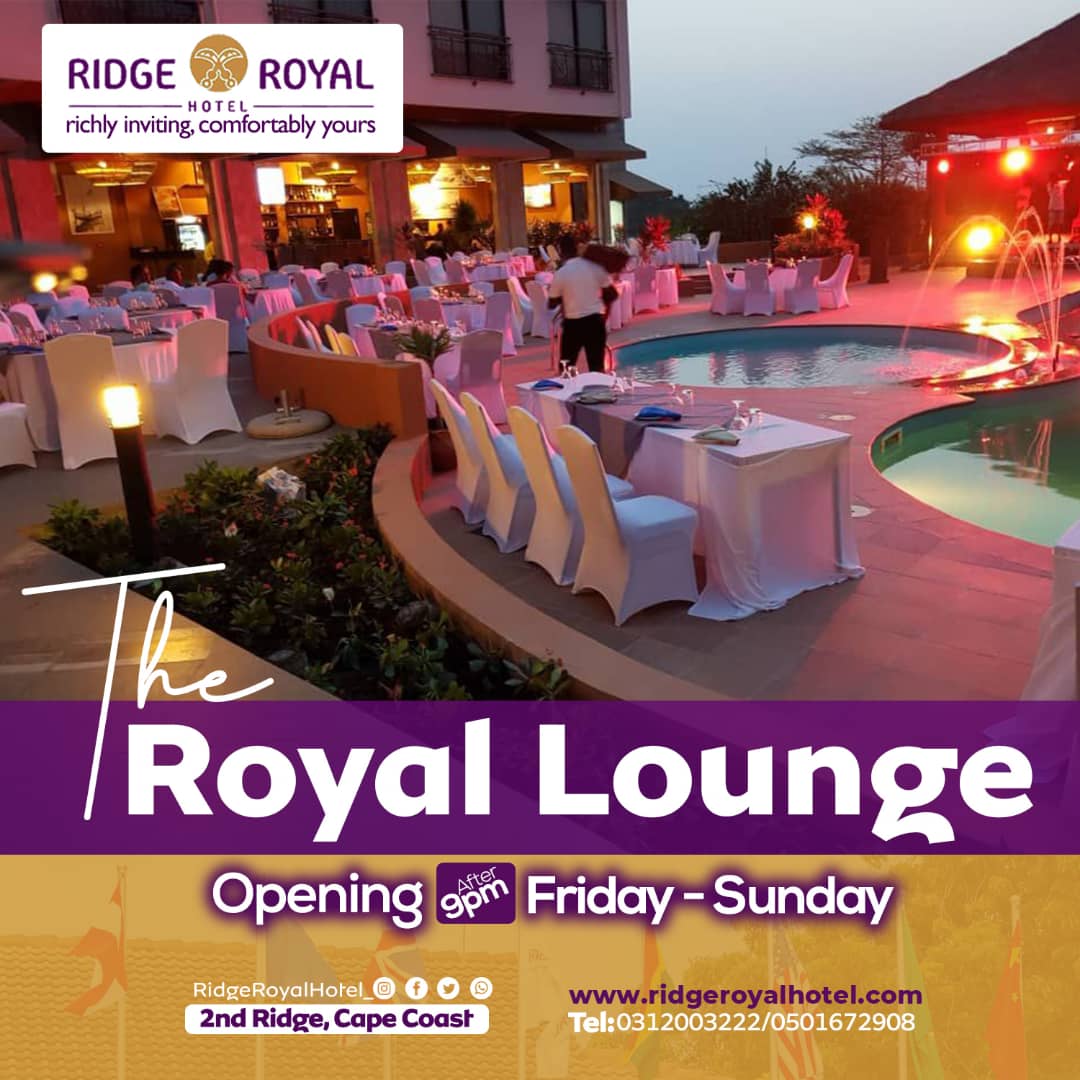|
Getting your Trinity Audio player ready...
|

Dr Fasika Amdeslasie speaks in a matter-of-fact voice, but what he has to say is devastating.
“We have a lack of anaesthesia drugs, lack of intravenous fluids, lack of antibiotics and so you see complications arising [with] the patients and you see them dying helplessly – your arms folded,” the surgeon says on a WhatsApp call using a rare satellite internet connection from the Tigrayan capital, Mekelle.
The patients are helpless but the doctors are too.
Nevertheless, there is barely a hint of emotion as Dr Fasika, who works at Mekelle’s main Ayder Hospital, relates the impact of the conflict in Tigray on the region’s health service.
For most of the past two years Tigray has been isolated from the rest of the world.
Fighting started in November 2020 when federal Ethiopian forces tried to wrest control of the region from the Tigray People’s Liberation Front (TPLF). An effective blockade began when the TPLF mounted a counter-offensive and recaptured much of Tigray in June 2021.
Deliveries ground to a halt, banking services stopped and telephone connections were largely cut making it almost impossible to phone anyone up. The UN says that currently 5.4 million people – around three-quarters of Tigray’s population – need some kind of food aid as the fighting has disrupted supplies.
The sick are not exempt, even though they are not directly involved in the conflict.
Some drugs and other vital equipment have come through the World Health Organization and the International Committee of the Red Cross – but their arrival has been sporadic and supplies stopped completely when fighting resumed in August, ending a five-month humanitarian ceasefire.
“We don’t have medicine for our patients, we don’t have surgical materials to do surgery, we don’t have vaccines to vaccinate children, we don’t have insulin to give to diabetic patients,” Dr Fasika tells the BBC’s Newsday programme, listing the impact the last 16 months have had.
“So all kinds of patients are suffering. We are telling them to return home without treatment.”
Drugs to treat cancer patients have not been available at all and they cannot get radiotherapy as the equipment for that is in the federal capital, Addis Ababa. Travelling there is impossible.
“Basically cancer patients are doomed to die,” says the 41 year old, who was once the dean of the medical school.
‘Patients do not have time’
Medics have also had to watch those suffering from kidney failure deteriorate as supplies for dialysis have only come through intermittently.
“The last arrival was June and there has been a complete blockage since August and now this week we are running out of materials for the 25 patients we have,” according to Dr Fasika.
He says that 90 kidney patients have died “in front of the doctors” and he wonders what will happen to the 25 who remain.
Regarding diagnosis, the hospital laboratory lacks the chemical reagents vital for the tests, meaning that often doctors cannot tell what is wrong with patients.
Added to this, the unreliable electricity supply and the absence of fuel for the generators means that the hospital can go days without power.
Throughout the grim catalogue of what he and his fellow medics are dealing with, Dr Faseka’s even voice does not reveal the weight of what he is describing.
“I have run out of emotion because it is a living reality, I am just describing what I face daily.
“We are protecting ourselves emotionally. We will not know how much burden we are carrying until we are relieved. Otherwise it’s a natural defence mechanism not to think about it – you don’t dwell there and you do what you have to do.”
But the doctors and nurses themselves are also having to deal with the fact that, as federal employees, they have not been paid since May last year. Dr Fasika gets sent money from friends and family abroad, but this comes at a price as money changers charge a high commission for having to smuggle the cash into Tigray.
“This hospital is my life,” Dr Fasika says, explaining what motivates him despite the difficult conditions.
“Professionalism calls you. If you can go and talk to patients and counsel them and do what you can, then that’s the most important thing. Not only me but all the professionals here.”
When it comes to possible peace talks between the federal government and the TPLF, Dr Fasika shies away from getting involved in the politics.
But he is worried that as the talks are a political process they will be drawn out as the different sides debate the details.
“The talks may take time, but our lives, the children’s lives and the patients’ lives may not have that time. So I wish they do things on the humanitarian situation first.
“Humanitarian law has to be respected. Why does it fail in Tigray when it is not failing in Ukraine? Is it because we are not important people?”








